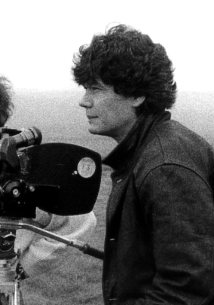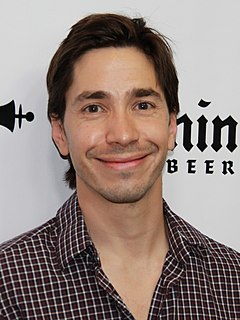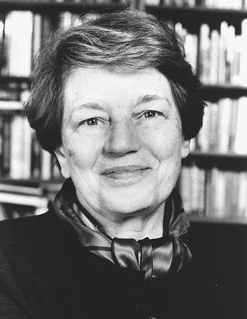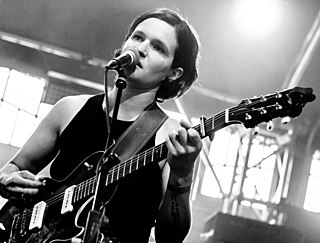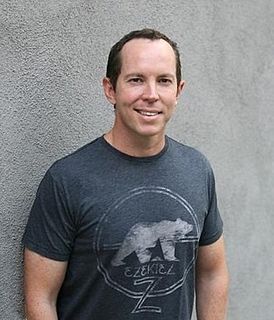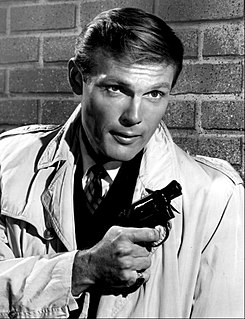A Quote by Michelle Phan
As a young girl, I loved having stories read to me. There is something magical about narration and voiceovers. Recording a voiceover is an art form in itself.
Related Quotes
I don't like making didactic, pedagogical documentaries based on standard formulas of narration: I'm only interested in the ambitious French tradition of the documentaire de création where the film, if successful, is not about something but that something itself. The goal is to incorporate areas of risk and paradox that we associate with cinematic art.
I have been a fan of movies from a very young age, and somehow, the magic of that - every single time I hear something or read something that could be made into a wonderful film or something somebody is asking me to be a part of - that connects. It just makes me feel like I'm going to be part of something magical again.
I think being raised within a Mexican Catholic family made magical realism a very natural part of who I am as a person and as a writer. My parents always told us great stories that often had magical elements and roots within Mexican folklore. Also, I remember my father reading a book to me, when I was very young, about the lives of saints. Those were crazy scary stories! Maybe he was trying to scare me into being a good person. In the end, magical realism offers me untethered freedom to explore human frailty and the way we clumsily cobble together our lives on this strange planet.
There is something I keep wanting to say about reading short stories. I am doing it now, because I many never have another occasion. Stories are not chapters of novels. They should not be read one after another, as if they were meant to follow along. Read one. Shut the book. Read something else. Come back later. Stories can wait.



